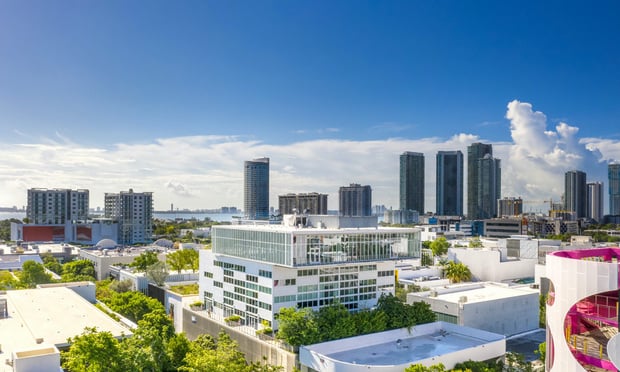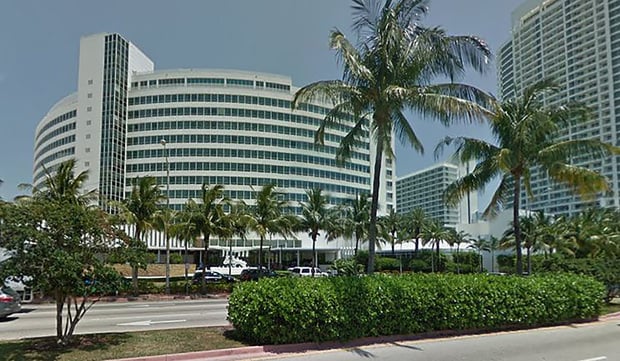"The IRR in Jackson, MS is just as competitive as the IRR in San Francisco," Eric Bolton, chairman and CEO of Memphis-based Mid-America Apartment Communities Inc., told the audience at the Boca Raton Resort & Club. "You can compete just as well in the Southeast as you can in larger gateway cities."
Bolton notes that secondary markets appear to have more stable fundamentals over the long term than the nation's largest cities, many of which were besieged with heavy job losses over the past year. This presents opportunities for apartment investors in local markets to purchase class B and C properties that most REITs might not be interested in pursuing.
Yet while finding discounted apartment complexes was relatively easy last year, those buying opportunities might be fewer in 2010. "It appears a lot of the low-hanging fruit has been picked," observed John Adair, principal of San Francisco-based Prime Group.
David Olney, senior partner and chief investment officer of Boston-based Berkshire Property Advisors, said other deals below replacement costs are likely to be found this year: "A lot of the Libor floaters just blew up," he said, adding that apartment investors should expect to see more capitulation of distressed assets this year.
Mark Alfieri, COO-multifamily with Dallas-based Behringer Harvard, said even though job creation is expected to be tepid this year, the current bogging down in asking rents should not last much longer. "We believe we are heading into a historic period of rent growth," he said.
Government-sponsored enterprises should remain primary sources of financing for apartment investors this year, according to Hessam Nadji, managing director of research services with Marcus & Millichap in Walnut Creek, CA. He noted that Fannie Mae and Freddie Mac, along with some banks, could be the only debt available inside the US."This year, more foreign investors, REITs and institutions will join private investors, who dominated acquisitions last year," Nadji stated in Marcus & Millichap's 2010 apartment research report, released at the NMHC conference. He added that near-term weakness in the sector will be overshadowed by more reasonable cap rates and prospects for above-trend rent growth in coming years.
Prominent US apartment investors identified their favorite markets for the coming year as Boston, Denver and Washington, DC. However, they express concern about Atlanta, Phoenix and most major markets in Florida.
In another panel discussion about the differences between the current recession and the one nearly 20 years ago, speakers pointed out such differences as prevention of oversupply being limited by a lack of capital. Greater availability of market data and other information also has a better impact now.
"You could build based on pro forma in those days," said Gary Kachadurian, chairman of Chicago-based Apartment Realty Advisors. "There are no secrets anymore."
Want to continue reading?
Become a Free ALM Digital Reader.
Once you are an ALM Digital Member, you’ll receive:
- Breaking commercial real estate news and analysis, on-site and via our newsletters and custom alerts
- Educational webcasts, white papers, and ebooks from industry thought leaders
- Critical coverage of the property casualty insurance and financial advisory markets on our other ALM sites, PropertyCasualty360 and ThinkAdvisor
Already have an account? Sign In Now
*May exclude premium content© 2024 ALM Global, LLC, All Rights Reserved. Request academic re-use from www.copyright.com. All other uses, submit a request to [email protected]. For more information visit Asset & Logo Licensing.








